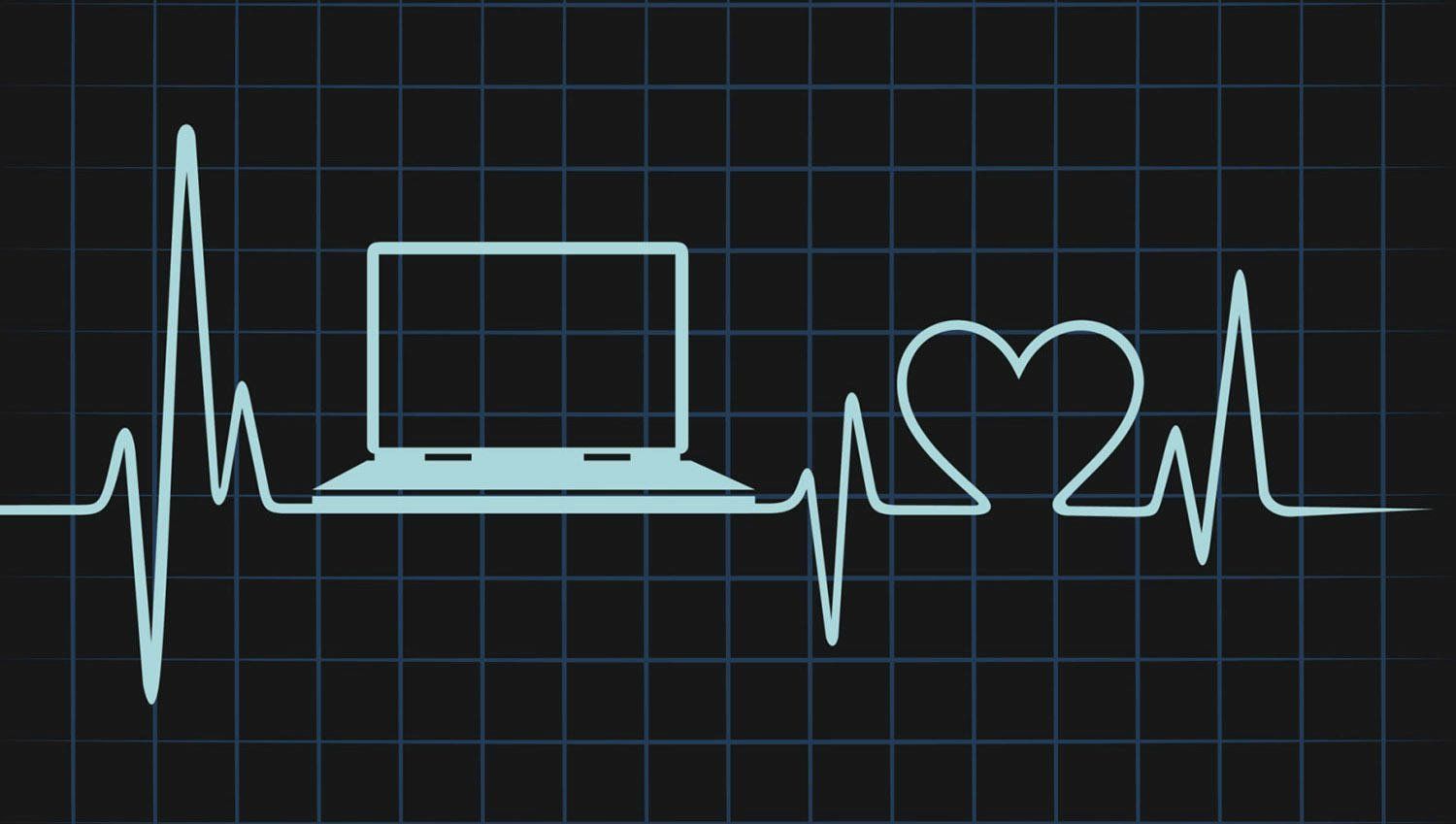
The Unspoken Code: Why We Whisper About Our Bodies
I’m sitting across from Sarah and Maya, halfway through our Sunday brunch, mimosa foam on my lip. We’ve dissected everything from Sarah’s latest dating app disaster to Maya’s unexpected promotion, even the crushing weight of student loans that still haunts us like a vengeful spirit. The kind of conversation where nothing feels off-limits, where the raw edges of our lives are exposed without a second thought. But then, Maya shifts, a subtle discomfort crossing her face, and her voice drops. She starts talking about “something downstairs,” or “a bit of an issue.” Sarah nods knowingly, leaning in conspiratorially. Their eyes dart around, checking if the next table, already absorbed in their own avocado toast and existential dread, might somehow overhear.
This is it, isn’t it? The invisible line. The one we stumble upon repeatedly, even with our closest confidantes. We can talk about anything-our deepest fears, our financial woes, the awkwardness of therapy-but then there’s *this*. A specific, biological reality that, once mentioned, shrinks us, makes us whisper, makes us feel… less than. It’s not about politeness, not really. It’s a performative act, a carefully choreographed dance of deference to an unspoken rule that feels both ancient and aggressively modern.
Navigating the Linguistic Labyrinth
I’ve been there, hunched over my laptop at 2 AM, trying to type symptoms into a search bar without using words that made my own fingers recoil. “Unusual discharge,” “feminine itch,” “down there discomfort.” As if the


































































- 2 min
-
56 years
- 258 words
Tagged health